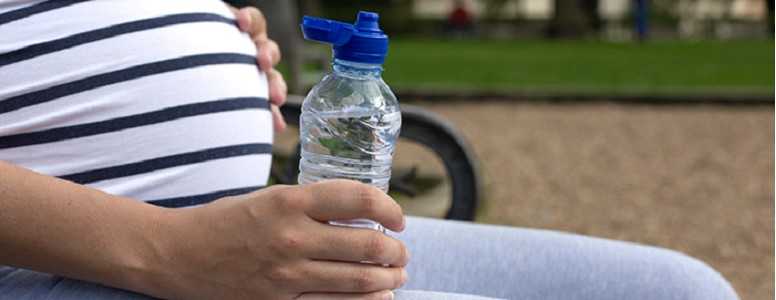Pregnant women with sleep apnea are more likely to develop gestational diabetes and high blood pressure, according to a new study.
Sleep apnea, a sleep disorder that interrupts breathing, is often associated with obesity, and previous studies have found people with the condition are more likely to develop type 2 diabetes.
This new study, conducted by researchers at the University of Pittsburgh Magee-Women’s Hospital, found that women with sleep apnea were 3.5 times more likely to develop gestational diabetes and nearly twice as likely to develop pre-eclampsia, a blood pressure complication that occurs during pregnancy.
But the researchers stressed these findings were observational and don’t prove that sleep apnea causes gestational diabetes or pre-eclampsia. Rather, it is likely that sleep apnea shares a number of key risk factors for gestational diabetes and pre-eclampsia.
“Although we found an association with sleep disordered breathing preceding the development of both pregnancy-related hypertensive disorders and gestational diabetes, we cannot conclude that universal screening for, and treatment of sleep disordered breathing in pregnancy would reduce the risks of these adverse outcomes,” said lead study author Dr. Francesca Facco.
More than 3,000 pregnant women were involved in this research, who participated in sleep tests early in pregnancy and later in pregnancy.
Between six and 15 weeks gestation, 3.6 per cent had sleep apnea; between 22 and 31 weeks, 8.3 per cent had sleep apnea. Having sleep apnea both early and later pregnancy increased the likelihood of developing pregnancy complications.
But the researchers remain unsure if treating sleep apnea during pregnancy will improve clinical outcomes. The most common sleep apnea treatment is continuous positive airway pressure (CPAP), but some people find the machines hard to tolerate. Further studies will seek to explore this possibility.
Facco and colleagues also stressed that because obesity is associated with sleep apnea, women are advised to enter pregnancy at a normal weight and gain appropriate weight thereafter.
The findings appear online in the journal Obstetrics and Gynecology.
What's new on the forum? ⭐️
Get our free newsletters
Stay up to date with the latest news, research and breakthroughs.





